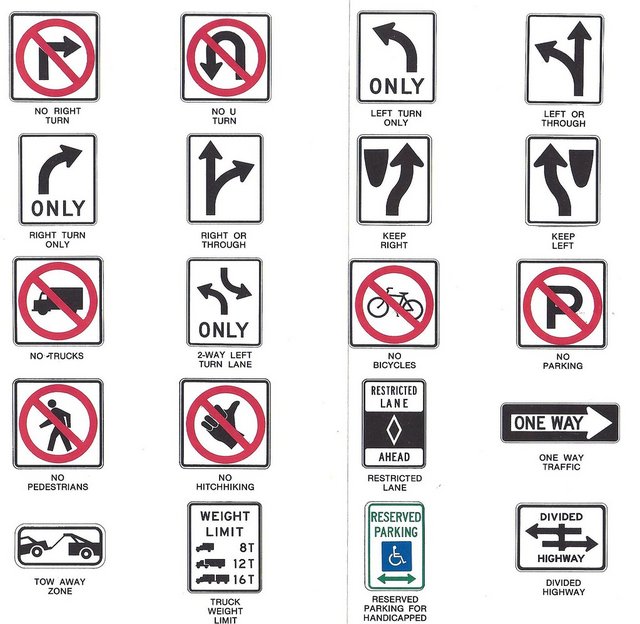Civil Law deals with cases where wrong is done against a particular individual. Criminal Law includes matters of offense against society at large. The most common civil wrongs are Negligence and breach of contract, murder, rape, etc. The source of civil and criminal laws lies in the colonial era.
DEFAMATION UNDER CIVIL LAW
Under civil law, defamation is the publication of a statement which tends to lower a person in the estimation of the right-thinking members of the society. ... If the person to whom the statement was published could infer that the statement referred to the plaintiff, the defendant is liable.
RIGHT TO EDUCATION IN CIVIL LAW
2002: 86th Constitution Amendment takes place and insertion of Article 21A has been done, which states that “The State shall be bound to provide free and compulsory education to all children of the age group between six to fourteen years in such as a law, determine.”
Traffic laws
Traffic laws are the laws which govern traffic and regulate vehicles, while rules of the road are both the laws and the informal rules that may have developed over time to facilitate the orderly and timely flow of traffic. ... A complete breakdown of organization may result in traffic congestion and gridlock.
- One must drive on the left side on a two-way road so that the oncoming traffic can pass through easily.
- On a one-way road, the driver should allow overtaking through the right side of the road.
- In case the driver turns left, he should make sure that his vehicle is on the left side of the road while passing through the corner.
- In case the driver has to turn right, he should drive to the center of the road and drive towards the right side of the road he is entering.
- It is compulsory for the driver to slow down at intersections and pedestrian crossings.
- In case the driver is on the main road that does not have any sort of traffic regulation, he should allow other vehicles to overtake from the right side
- Hand signals are as important as indicators, especially in bright daylight or when the indicators aren’t working. Also, when the driver has to slow down, he should extend his right arm and swing it up and down to signal vehicles behind him. When stopping the vehicle, the driver has to raise the arm vertically for an indication to drivers behind him.
- However, make sure to use indicators at all times. In case of emergency, use hazard lights.
- On a two-wheeler, it’s mandatory for both rider and pillion to wear an ISI-approved helmet.
- All drivers shouldn’t park their vehicles near a road crossing, near traffic lights, the entrance of a building, near a fire hydrant or on a footpath.
- The registration number of vehicles should be clearly visible to all road users.
- Under no circumstances should any of the lights of the vehicle be covered by an occupant or luggage.
- The driver of a vehicle shouldn’t drive in reverse on a one-way road.
- The driver should not cross the yellow line on the road even when overtaking a vehicle from the right side.
- In the case of driving from one lane to another, the relevant indicator should be used.
- The driver should never let his vehicle pass the STOP lettings painted on the road.
- One should use the Horn only when required. Also, the horn shouldn’t be too loud or shrill. The horn shouldn’t be sounded in no-honking zones like schools and hospitals.
- While driving, a sufficient gap should always be maintained from the vehicle right ahead to avoid a collision in case the vehicle in front slows down suddenly.
- The driver should avoid sudden braking unless really required.
- While driving a tractor or a goods vehicle, the driver should not exceed the limit of the number of passengers permitted in the vehicle.
- While carrying goods on a vehicle, the driver must not overload. Also, explosives or inflammable goods shouldn’t be carried.
- Only one pillion is allowed to ride on a two-wheeler
- The driver must make way for cyclists and remember that the road is not only for motor vehicles.
- In case another vehicle is overtaking you, do not increase the speed to stop the vehicle from passing you.
- The driver should check his rearview mirror before initiating a turn.
- The driver should be alert in case the amber light is being flashed.

